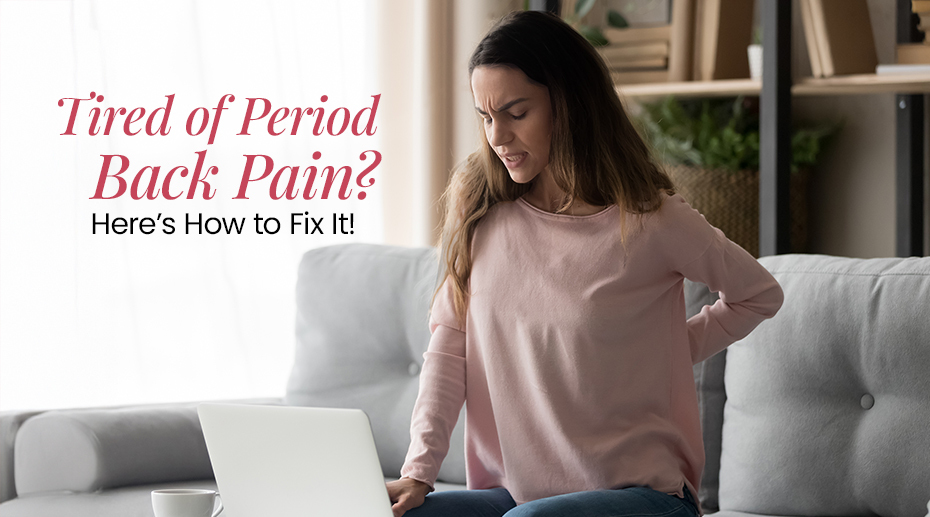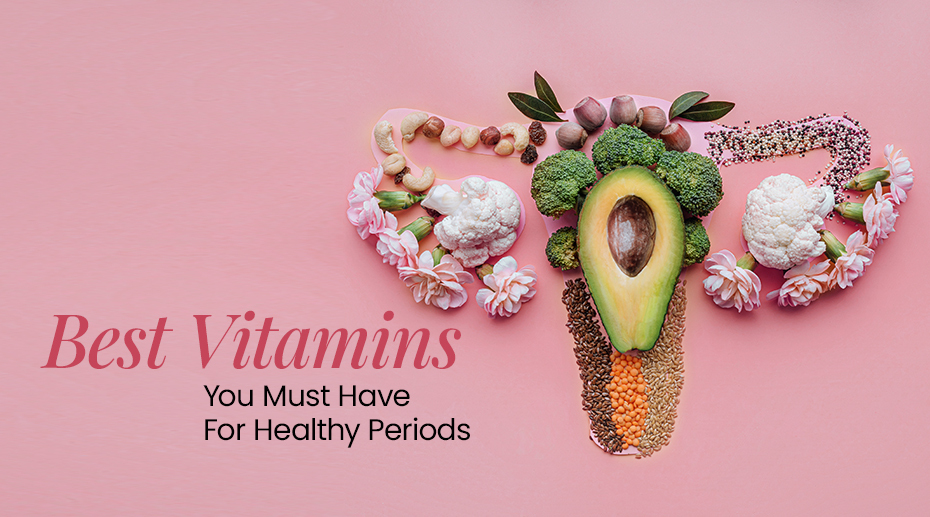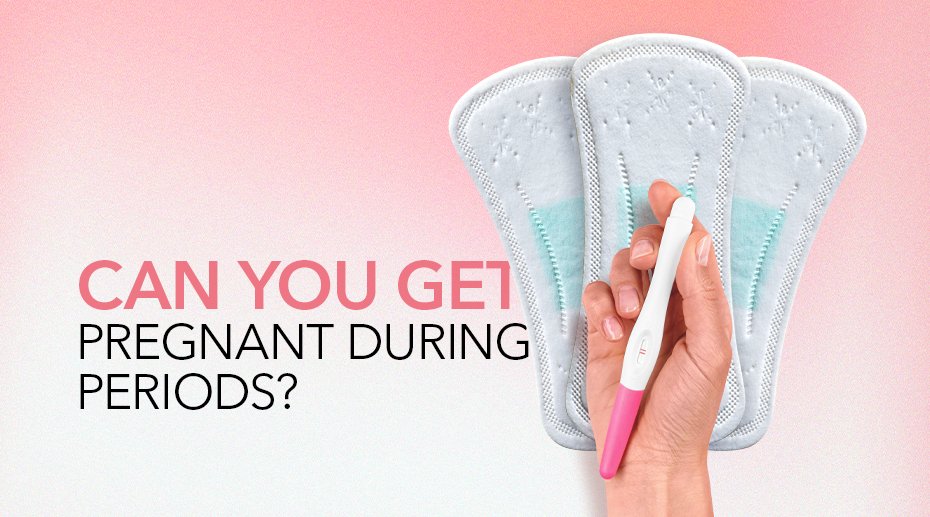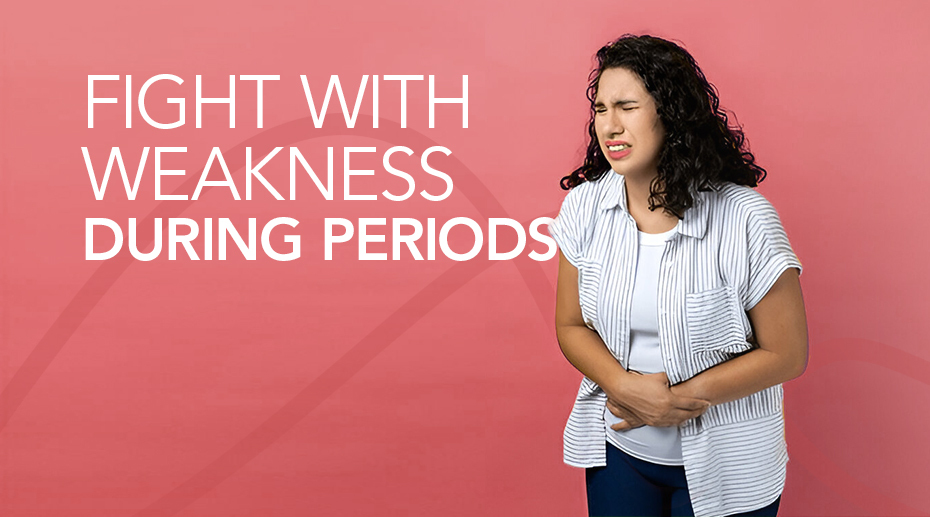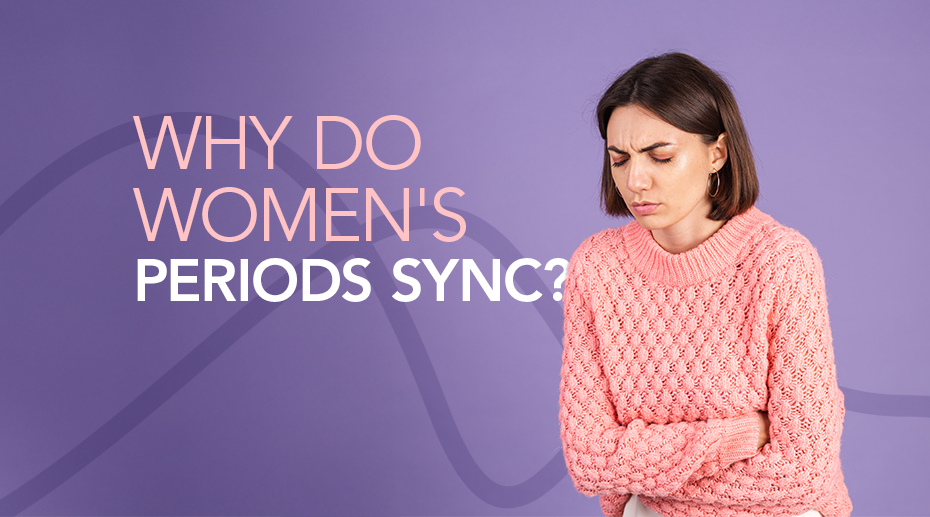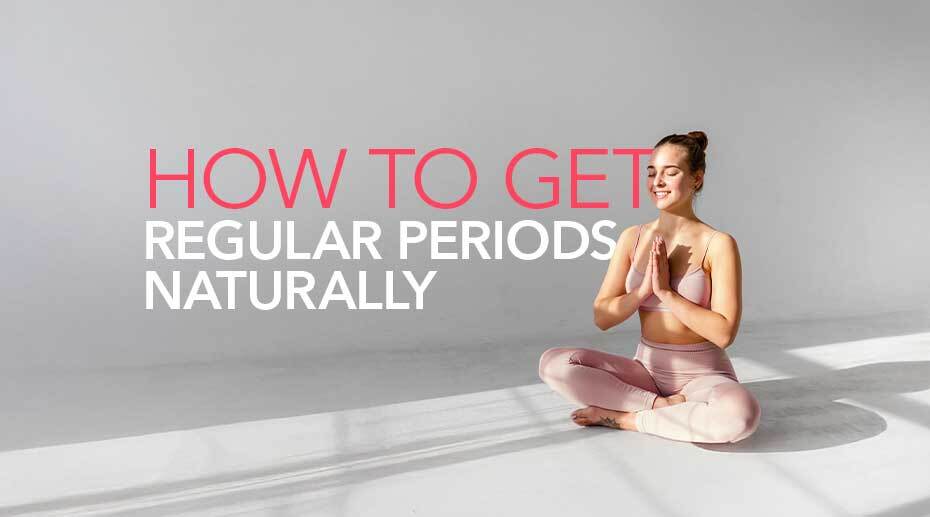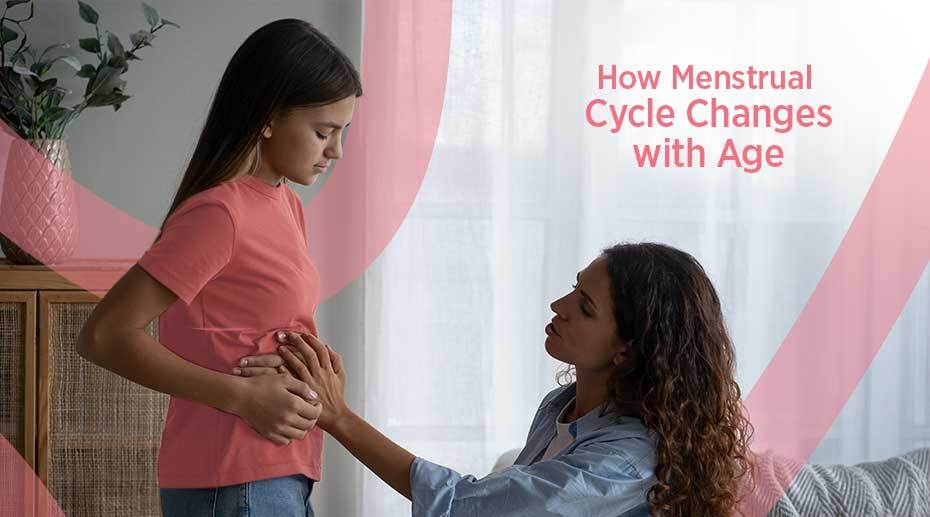

Signs Your Daughter is About to Start Her Period
Keeping up with your tween’s social media exploits while also assisting them in through the challenges of middle school is likely just one of many things you’re balancing as their parent or guardian. The arrival of your daughter’s first period, however, is an inevitable milestone. It’s a moment that sticks with you – seeing that unexpected visitor in your underwear. It’s a big moment, and it’s something your daughter will experience too. Physical and emotional changes abound throughout puberty, which can be perplexing for the people concerned. As a result of this, it’s helpful to be aware of the signs your daughter is about to start her period. You could both be better prepared and less surprised when it occurs if you have a little advance notice.
What is the Average Age when her First Period Starts?
Around the age of 12, a child can have first-period signs. However, anything between 10 and 15 falls within the typical range. A first period can come as early as age 8 or as late as age 16.
Family history, race, food, environment, and weight can all affect the timing of one’s first menstruation. Children who engage in strenuous physical activity or are underweight might experience delayed menstruation.
It might be difficult to predict when the first period will start, but there are a few methods you can use to approximate. The first menstruation typically occurs approximately two years after the breasts begin to form. Furthermore, a mucus-like vaginal discharge will often begin 6 months to a year before the first period.
How do you know when her First Menstrual Period Starts?
Here are a few signs your daughter is about to start her first period.
Mood Swings
Has your daughter been exhibiting any sudden mood changes recently? Perhaps she’s been more irritable or emotional than normal recently, or maybe she’s been having random episodes of worry or anger. Take a deep breath before you start freaking out that she’s turning into a cranky adolescent before her time — those mood swings could just be the start of her first period.
Yeah, you heard it correctly. As your daughter gets ready for her first menstruation, you may notice some changes in her mood. Knowing that your child’s mood swings may be associated with her menstrual cycle might really be a comfort, even if it could seem like just another obstacle to manage in the wild ride of parenthood.
During her adolescent years, your daughter will undergo significant hormonal, emotional, and physical changes. Her hormones may get a little out of hand when her body gets ready for menstruation, which can cause mood swings and make both of you feel a little agitated.
But there is a silver lining: if you and she both know that her mood swings are a warning that her first menstruation is about to start, you can both handle the change better. Her abrupt mood swings are a normal aspect of her physical growth, so instead of being upset or baffled by them, try approaching them with compassion and understanding.
Growth Spurt
Do you see that your daughter is now much taller than you were before? On the other hand, it may be that her trousers are becoming shorter every day. Your quickly maturing adolescent may just be getting ready for her first period, so there’s no need to fret if you’ve been puzzled about her sudden appearance.
The beginning of your daughter’s first-period signs might just be the growth spurt. Knowing that her abrupt growth spurt is associated with her menstrual cycle might be a comfort, even if it may seem like just another unexpected twist in the crazy journey of becoming parents.
Being a young woman is a process, so instead of feeling like you’re always playing catch-up with her ever-changing wardrobe, you can approach her evolution with compassion and expectation.
Tender and Fuller Breasts
Is there anything new about your daughter’s physique that you’ve noticed recently? Perhaps she is expressing some discomfort or notices that her breasts are noticeably larger than normal. Relax; these changes might be one of the first-period signs, so don’t panic.
Yes, it is possible for your daughter to be getting ready for her first menstruation if she experiences sensitive and larger breasts. Understanding that these changes are typical might provide some comfort, even if they may seem to be yet another puberty surprise.
Whether your daughter ever complains that her bra is too tight or that her breasts are painful, you should stop what you’re doing and ask yourself whether her first period is about to come.
Acne Breakouts
Along with mood swings and tender breasts, acne breakouts are just an addition to the signs that your daughter is about to start her first period. And while it may seem like just another surprise in the unpredictable parenting path, it could actually be reassuring to know that these breakouts are associated with her period. Changes in hormone levels, among other physiological changes, can cause havoc on a woman’s complexion as her period approaches. Her skin’s oil glands can grow overactive due to these hormonal shifts, which may cause her pores to get blocked and, you guessed it, acne to break out.
Vaginal Discharge
Let’s speak about vaginal discharge, a subject that might seem awkward to bring up but is necessary. Well, it’s basically the body’s method of maintaining a healthy and clean vagina. Your daughter might start feeling some changes in her lower body, such as an increase in vaginal discharge, about six to twelve months before her first period arrives. Although it may seem unpleasant, it is a typical and essential component of the menstrual cycle.
The question is, why does this fluid appear in the vagina before a woman’s period? Well, it’s all because of estrogen, the wonder hormone that is important throughout puberty. There may be more discharge in the days leading up to your daughter’s first period if the hormonal changes brought on by her body’s increased estrogen production alter the vaginal tissue.
Pubic Hair Growth
Let your mind roam to a scenario where your daughter finds a few stray hairs growing underneath her breasts as they begin to develop. Not only may it surprise her, but it could surprise you as well. Rest assured, this is a perfectly natural and integral part of the amazing puberty experience.
Actually, it’s usually a first-period sign, which is another major life change. Yes, you heard correctly. Your daughter will likely start having periods around a year or two after she begins to develop pubic hair. Her body is sending a message, “Hey, get ready – big things are coming!”
You should tell your daughter that developing pubic hair is a natural part of the first-period signs and that you’re there to answer any concerns she may have.
How to Talk to Your Child about Her First Menstruation?
As important as it is to have the talk with your child about menstruation, it doesn’t have to be scary. It is equally important to discuss it with your daughter as well as your son.
So, let’s talk about how will you have a conversation regarding the first-period tips.
Normalize this Topic
Make the subject normal: Recognizing menstruation for what it is: a normal part of life, is the first step. Make your children aware that it’s normal and nothing to be embarrassed of; it affects a lot of individuals with feminine bodies. Help dispel myths and stigmas about menstruation by presenting it as a natural part of a woman’s body.
Encourage Open and Honest Conversation
In order to encourage positive views about reproductive health in your children, it is crucial to provide a welcoming space where they may talk freely about menstruation. When talking to your daughter about getting ready for her first period, it’s crucial to include her son as well. Ultimately, it is essential for boys and girls to grasp the concept of menstruation in order to cultivate empathy, respect, and a healthy attitude toward reproductive health.
Assure your son and daughter that they may confide in you if they have any worries or queries about menstruation. In your interactions, stress the need to be open and honest, and tell them that everything goes. In order to establish a secure place for your children to express themselves, you should promote curiosity and ask plenty of questions.
Share your Own Experience
When you notice the warning signs your daughter is about to start her period, you may set a strong example for your daughter by talking openly and supportively about it. You may help make menstruation a more acceptable issue by talking about your personal thoughts and experiences with it. Share your experience of getting your first period, your feelings about it, and the steps you took to cope. If you want your children to know that they are not alone in their struggles, tell them stories about your own experiences.
How to Be Prepared for Your Daughter’s First Period?
Choose the Right Place and Time
Pick a time and a spot where your daughter feels the most at ease; after all, you are the experts on your daughter. Initiate period discussions by creating an emotional connection via narrative or other means.
Talk about her First Period Signs
To help your daughter be ready, it’s best to start talking about periods early on. Talk about the symptoms of your first period, including leaking underpants, pain, vaginal discharge, and weariness.
Explain to her the Products
Introduce your daughter to the menstrual products that are available like sanitary pads, tampons, menstrual cups, period pain relief gadgets, etc. Have a conversation with your daughter to determine her preferences. Make sure she understands how to use the products and how to change them.
Teach Her How to Track Periods
When your daughter begins menstruation, it’s important to let her know that it’s a natural part of being a girl and that periods usually come 25 to 28 days apart, depending on her body and hormone fluctuations. To assist her in keeping track of her periods, suggest that she use period-tracking apps or calendars.
Prepare Her on How to Deal with it on Her Own
Period management isn’t easy, particularly for newcomers. Gently guide her through period management, product changes, proper hygiene, and more. Make sure she knows what to do if her period comes on suddenly.
Welcome Your First Period with Welme: Pampering Starts Here!
With these first period tips in hand, it’s especially important to keep in mind that your daughter is the only one who has to experience periods, whether it’s her first or any subsequent period. Even while we can be there for her emotionally and provide advice, she will have to deal with the highs and lows of menstruation on her own.
In a culture like India, where discussing periods is taboo, many women go through the discomfort of menstruation in silence. Some people attempt to deal with it by taking chemical-laden medicines, while others try to make something out of whatever is in the kitchen. Still, a better method exists.
Welme is here to provide you with a game-changing period pain relief device that seeks to relieve period pain. Welme offers a risk-free and effective substitute for conventional pain relievers by reducing discomfort and cramping. Your daughter doesn’t have to depend on dangerous drugs or home cures to get relief from menstruation discomfort when she uses Welme.
Know More About First Period Signs
What happens right before a girl starts her period?
Just before a girl begins her periods, certain first-period signs begin showing up including mood swings, tender breasts, acne breakouts, pubic hair growth, and vaginal discharge.
How long after growing pubic hair do periods start?
It begins to grow a year or two before her first menstruation comes.
What is the youngest age to get your period?
Periods may begin as early as eight years old but often begin around twelve, so it’s best to start talking to girls about it while they’re young so they’re ready.
What does a first period look like?
A few patches of brownish blood may be seen, and it may be quite light. On days with larger flows, it may be a brighter red, but otherwise, it may start and finish more brownish.
How long do first periods last?
A few days may be all it takes for your menstruation to begin. Periods could be light for you in the beginning. The reddish-brown blood may be hard to discern at first. The typical range is 2–7 days.
What is the first period called?
The onset of menstruation in teenage girls is known as menarche.
Is the first period heavy?
You could notice a lighter and shorter flow during your first period compared to subsequent times. Although a little longer or shorter cycle is regarded as normal, especially if it is continuous, the average duration of a woman’s period is around 28 days.
Read About How to Take Care of Girlfriend During Periods


